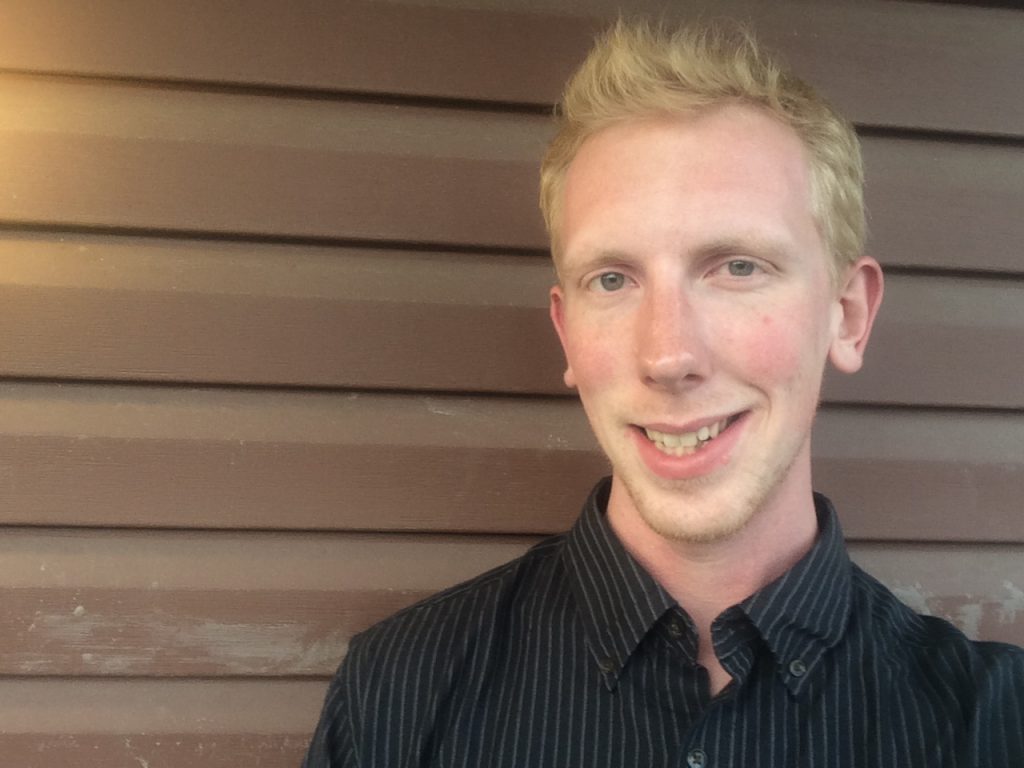When Martin Wolgen went to UI Lecturer Jordan Smith for help with the process of applying for a Fulbright Grant, “he honestly had everything worked out,” Smith said. “That’s one of the more impressive things about Martin, he is very self-motivated.”
That motivation has paid off, and Wolgen will attend Vrije Universiteit Amsterdam starting in the fall, working toward a graduate degree in theology and religious studies while he researches the Dutch Reform Movement through the 20th century to the present in the place where it occurred — and the place where some of his ancestors come from.
When Martin started college, he wanted to double-major in history and anthropology, but a one semester hour seminar class with Smith in the Religious Studies Department changed that. Four years down the line, he’s now a graduate with a major in history and two minors, one in anthropology and one in religious studies.
“A lot of people don’t think about religion the way I do,” Wolgen said, clarifying that this shouldn’t be taken as an offense.
“People’s religious beliefs shape culture, but culture also shapes our religious beliefs,” Smith said. “[Martin] was very interested in the relationship between religion and culture.”
Wolgen is originally from Orange City, Iowa, a community of people stitched together by religion.
“I’ve always lived in an environment where religion and society were almost one and the same,” Wolgen said. “Your social circle was very determined by where you went to church.”
Historically, the Netherlands was the same way until about the 1960s and ’70s, Wolgen said. His father emigrated from there to Canada in the ’50s, and when he headed to college in Iowa, he brought his strong sense of nationality with him. Years later, his son returned to the same school with the same sense of Dutch identity.
“When I was a kid, all of the students in the class could say what country their families came from,” said Michael Moore, a UI associate professor of Medieval and European history. “I think America’s changing.”
That change complements the spread of secularism in the Netherlands, Moore said.
“The Reform Movement is something that’s quite important to the history of the Netherlands, and it also has quite a bit of relevance with the United States,” he said.
With the Fulbright Grant, Wolgen can learn about something that has long felt personally relevant to him in the place where it all began. That’s indispensable, Smith said.
“If you are studying something from another culture, it’s kind of hard to replicate in a classroom,” he said.
But as much as Wolgen is excited about his time in the classroom, he also said he can’t wait to be in “one of the cultural hubs of Europe … exploring things and getting perspectives from people from everywhere.”



